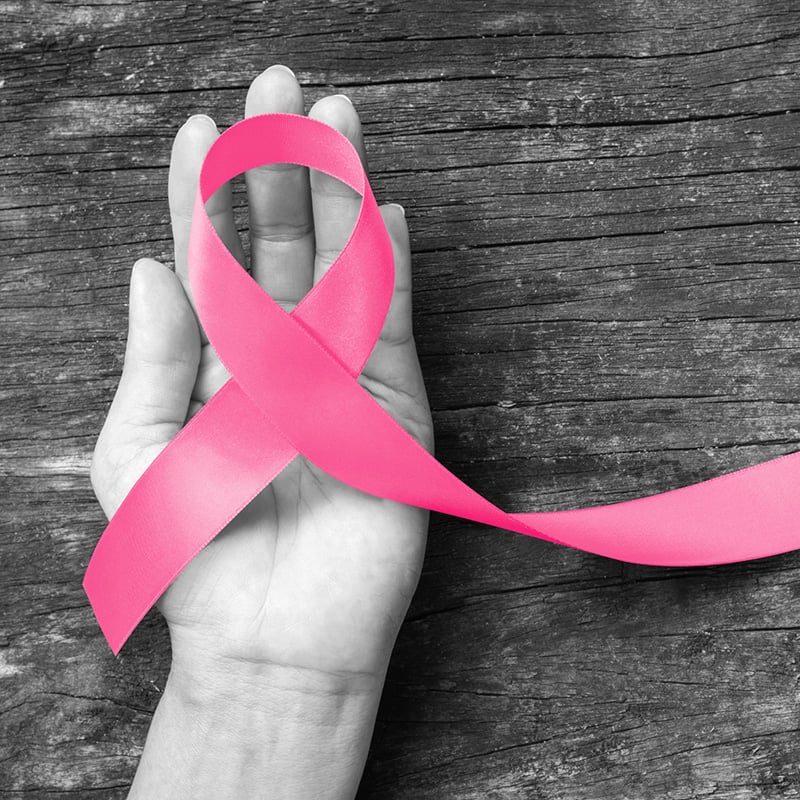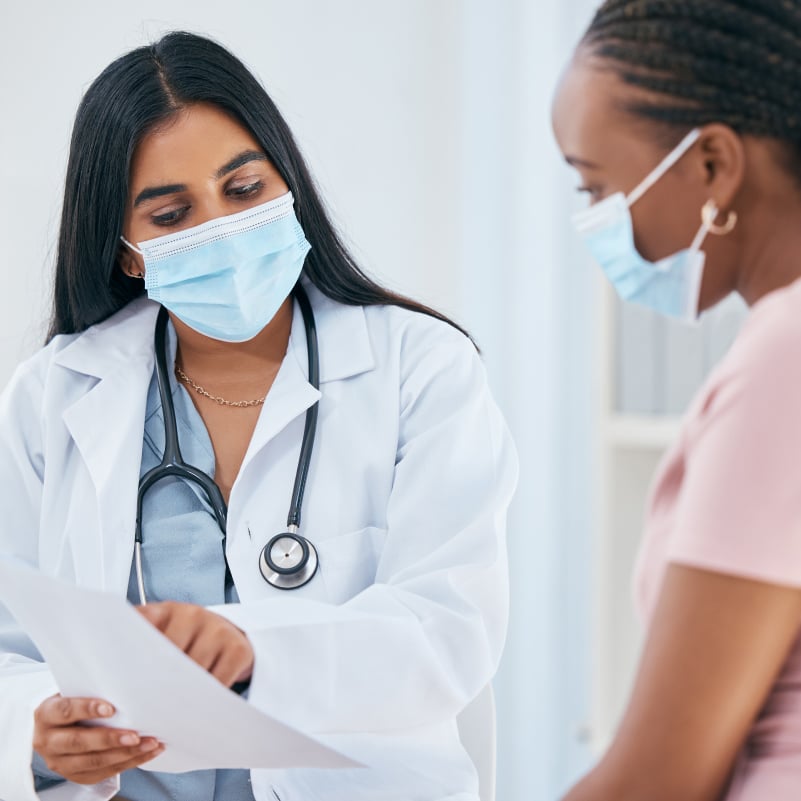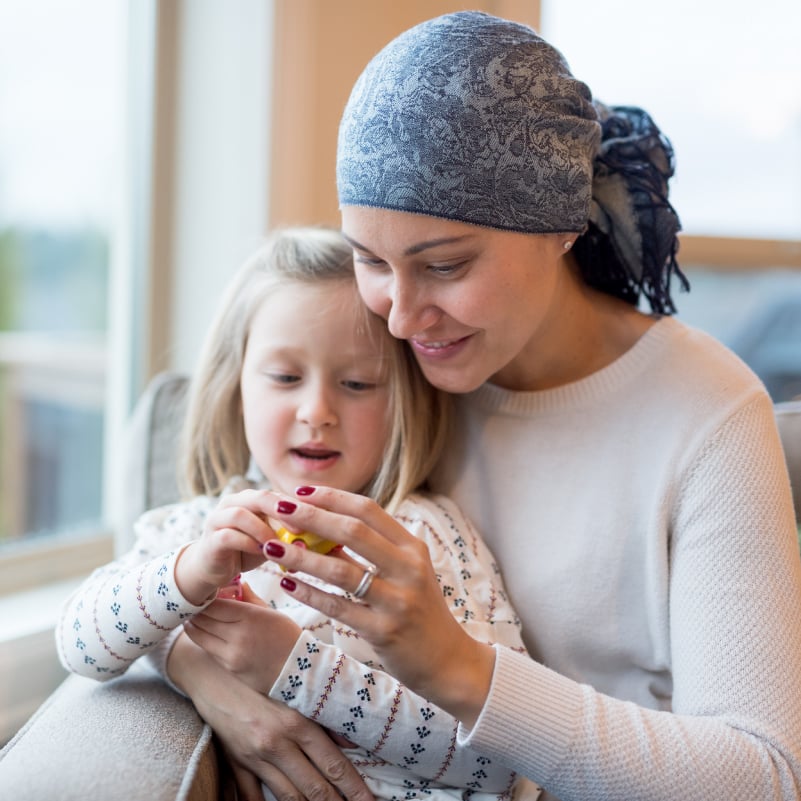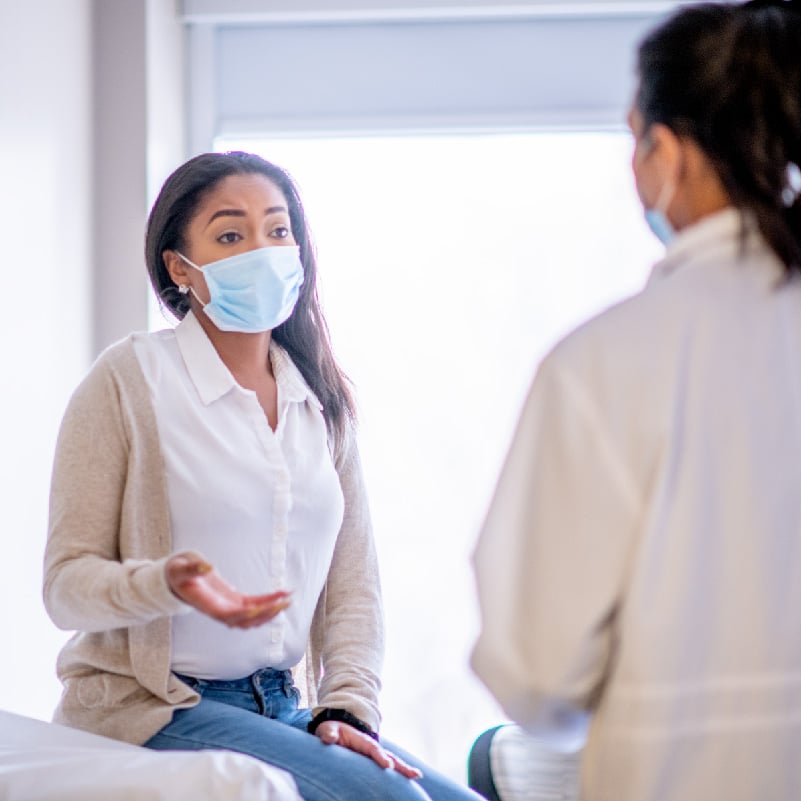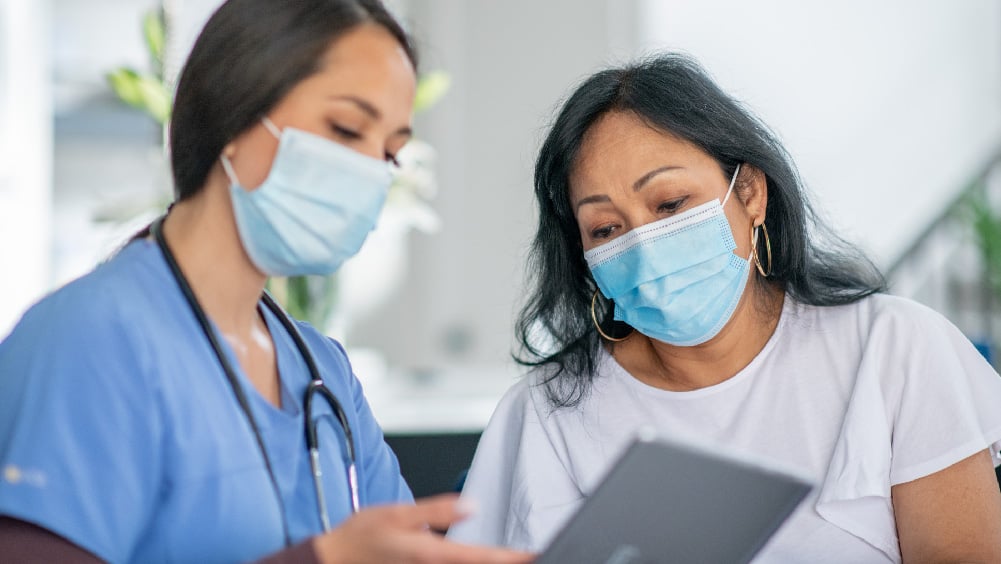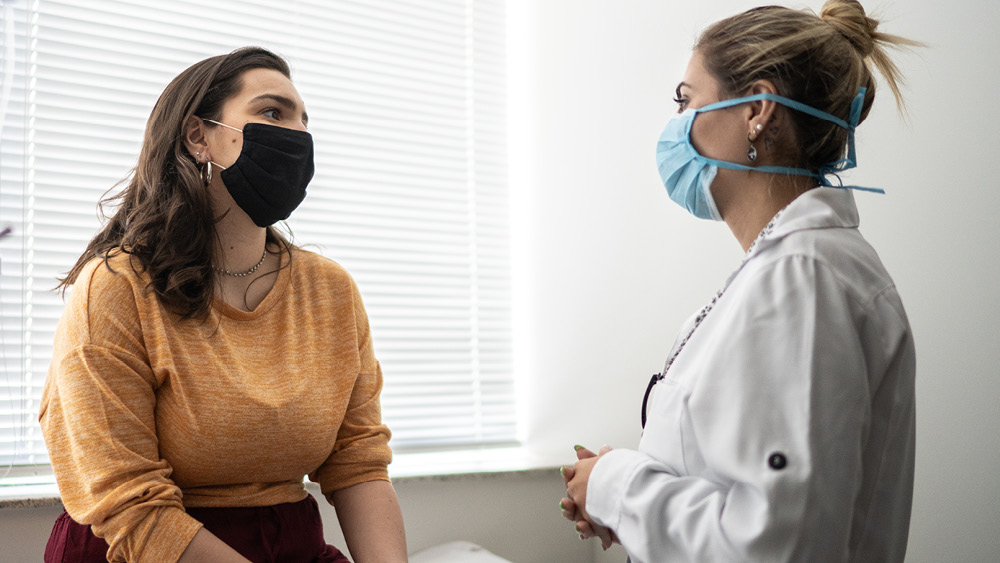Regular screenings for breast cancer are often done through mammograms. You can also maintain good breast health by practicing “breast self awareness.”
With October being Breast Cancer Awareness Month, we asked Rebecca Alicandro, an OBGYN provider with Rochester Regional Health, to describe what women should be looking for and when to contact a provider for additional screening.
Breast self-awareness vs. self-breast exams
Monthly breast self-examination is no longer recommended by most major health organizations.
Physicians with the American Cancer Society, American College of Gynecology, and U.S. Preventative Services Task Force say there is a risk of harm from false positive test results and a lack of evidence of overall benefit.
Instead, breast cancer experts encourage women with an average risk for breast cancer to be proactive with breast self-awareness, meaning they should know the normal appearance and feel of their breasts with the goal of noticing changes or potential problems in their breasts.
Changes to look for and next steps
When looking at your breasts, physicians suggest looking for any:
- changes in size, shape, or color
- dimpling, puckering, or bulging skin
- redness, soreness, rashes, or swelling
- nipple discharge (aside from breast milk for women who are breastfeeding)
If you don’t see or feel anything different from the normal look and feel of your breasts, you can continue to follow up for routine clinical breast exams with your doctor and mammograms when recommended, usually starting around age 40.
If you find something unusual, don’t panic. Between 60 and 80 percent of lumps found in the breast are benign, according to clinical research. Your next step should be to call your primary care doctor, OBGYN, or Rochester Regional Health Breast Center, and schedule a thorough screening.
Research in the journal Cancer shows more than 70 percent of women under the age of 50 who are diagnosed with breast cancer detect it themselves, so being self aware about breast health is in the best interest for both patients and providers.
“Breast cancer is unfortunately a very common diagnosis, but it’s one that is treatable if detected early,” Dr. Alicandro said. “We encourage patients to speak with their providers about any breast concerns, and ask about when they should begin routine breast cancer screening with mammograms, based on their personal and family histories.”

